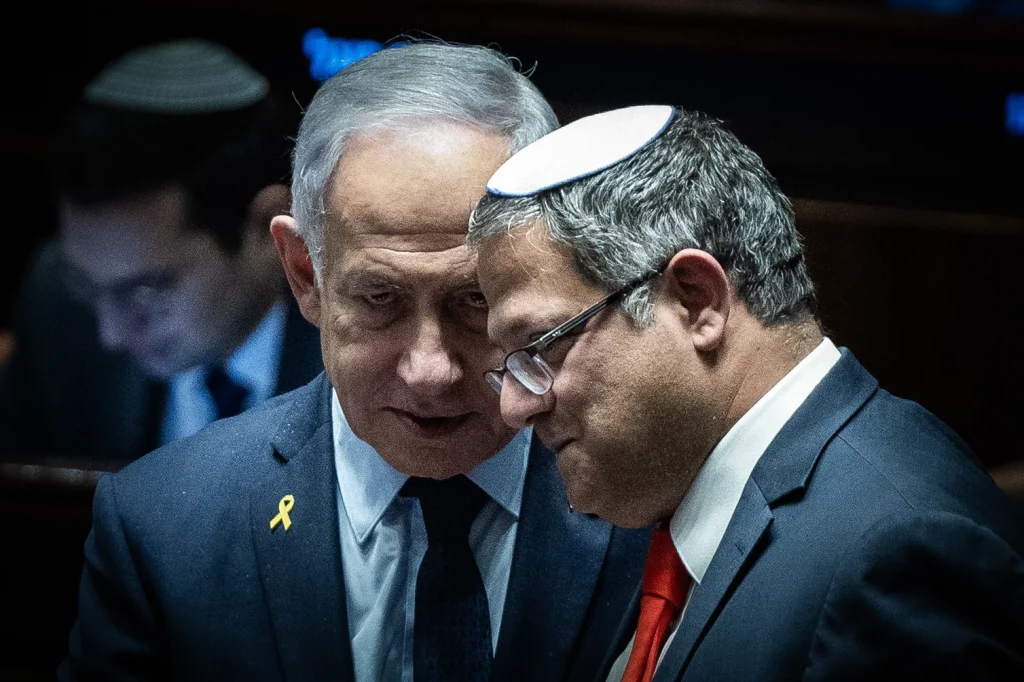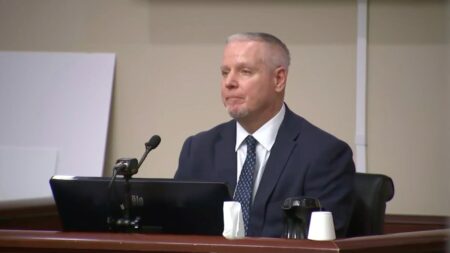Israeli Prime Minister Benjamin Netanyahu ordered the immediate resumption of basic humanitarian aid to all parts of the Gaza Strip on Sunday evening, May 18, 2025. This decision came after growing pressure from the United States to ease the monthslong blockade on Gaza, which has caused a serious humanitarian crisis. The order was made during a security cabinet meeting in Jerusalem following warnings from military officials that UN and aid group food supplies in Gaza had completely run out.
The decision to resume aid went against previous assurances by top officials, including Defense Minister Israel Katz, who had promised no aid would be delivered until a new system was in place to prevent Hamas from seizing supplies. The aid was set to be delivered through the previously used mechanisms for at least one week. No formal vote was held among cabinet members, and many opposed the move.
Right-wing politicians in Netanyahu’s coalition criticized the decision sharply. Some argued that providing aid would strengthen Hamas, the militant group controlling Gaza, and harm efforts to defeat it. Hawkish groups representing families of hostages held in Gaza said they were shocked by the decision to send aid without guarantees in return. They called it a betrayal of the hostages who have been held for almost 600 days.
Finance Minister Bezalel Smotrich, who has strongly opposed aid reaching Gaza, did not immediately respond to the announcement. He had previously said he would leave the government if even a small amount of aid reached Hamas.
Criticism also came from within Netanyahu’s Likud party. Some members described the decision as repeating past mistakes that could help the enemy survive. They argued that military efforts and aid deliveries should not happen simultaneously.
Opposition leader Benny Gantz accused Netanyahu of avoiding responsibility by blaming the military for decisions that have weakened the government’s stability. Gantz said Israeli citizens deserve clear and honest leadership during difficult times.
A right-wing group known for blocking aid convoys to Gaza called on supporters to renew protests against the aid resumption. They blamed Netanyahu for giving Hamas aid before the hostages are returned.
Internationally, French Foreign Minister Jean-Noel Barrot welcomed Israel’s decision, calling for immediate and unrestricted aid to end the humanitarian crisis and famine in Gaza.
The United States has helped establish a new organization, the Gaza Humanitarian Foundation, to manage aid delivery in a way that prevents Hamas from diverting supplies. This group plans to operate from secure sites in southern Gaza with American contractors overseeing distribution.
However, aid organizations operating in Gaza strongly oppose the Gaza Humanitarian Foundation’s plan. They say it violates humanitarian principles and displaces vulnerable people who do not live near the designated aid zones. They also argue that it does not fully address the ongoing humanitarian emergency.
The executive director of the Gaza Humanitarian Foundation said the aid resumption is an important step while their system is being set up. He emphasized that the foundation aims to deliver aid transparently and according to humanitarian standards.
Netanyahu’s decision marks a major policy change after months of blockade. The government faces a difficult challenge in balancing urgent civilian needs with concerns about strengthening Hamas during an ongoing conflict. The situation remains tense inside Israel’s government and among the public.
As the new aid system prepares to begin operations, many will watch how the aid deliveries affect Gaza’s humanitarian conditions and the fate of Israeli hostages. The complex situation continues to develop.















